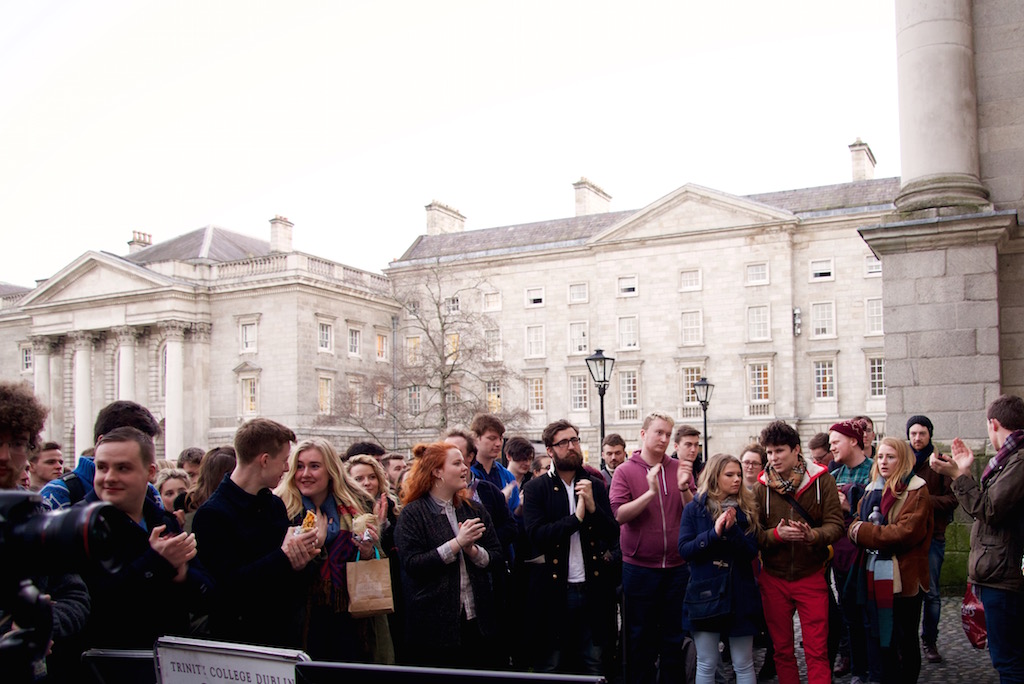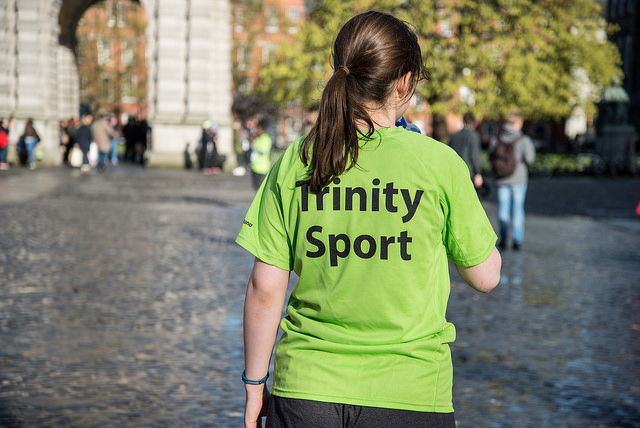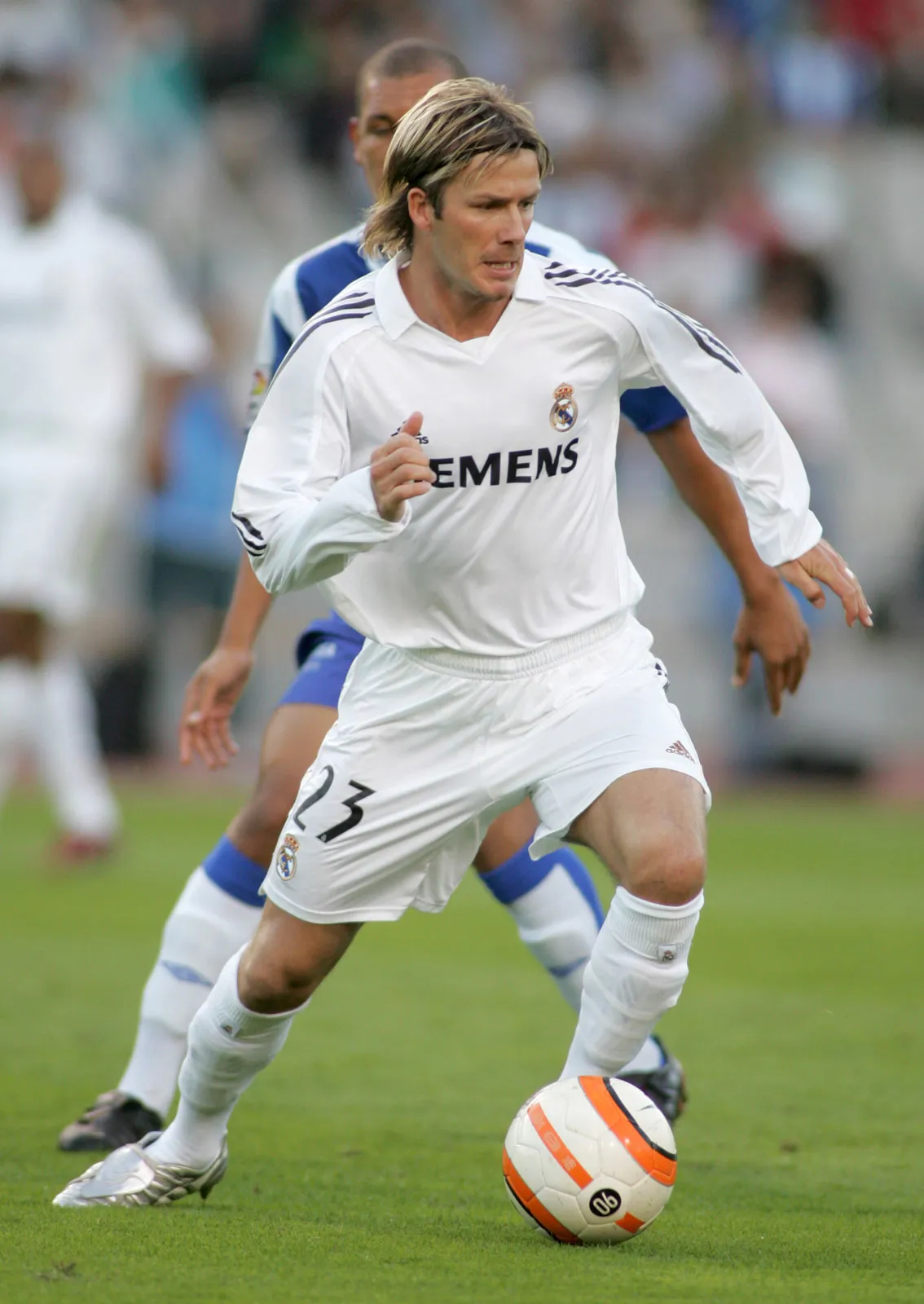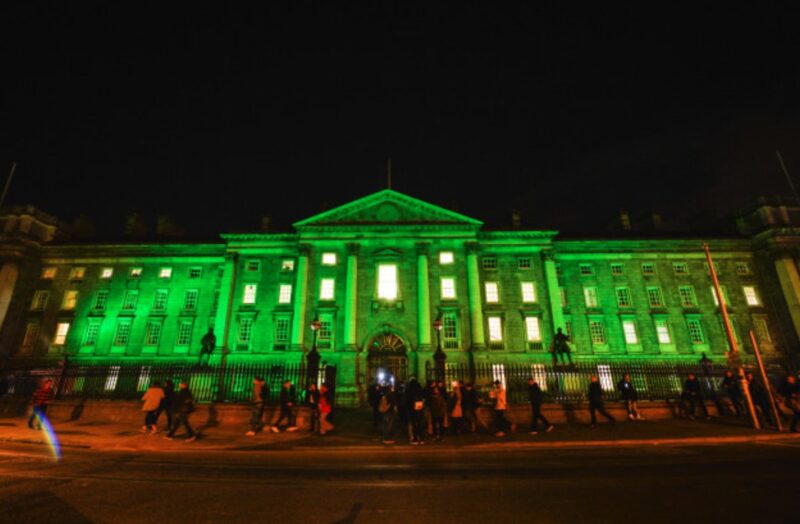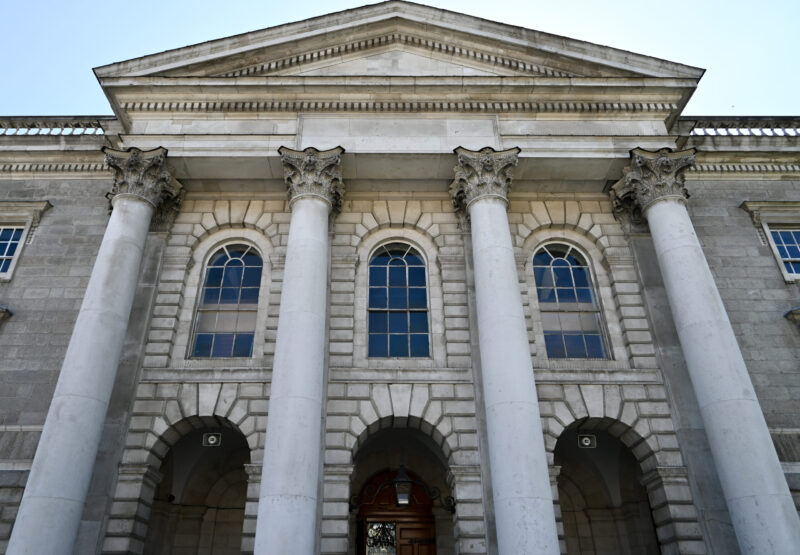The President of Trinity College Dublin Students’ Union (TCDSU) is arguably the most influential student on campus. However, the kind of influence a president has can completely change from year to year. For instance, Domhnall McGlacken-Byrne, who served as president in the last academic year, made his mark by introducing a three-year plan to encourage continuity within the union, fulfilling the promise he made in his manifesto. In contrast to this focus on the internal workings of the union, the current president, Lynn Ruane, ran on a platform for “access, inclusion and equality”, and, as a candidate, was more concerned with lobbying on a national level and holding College to account. Just over halfway through her term, she has largely delivered on these promises, supporting grassroots campaigns and championing equality of access in education.
This year, now that Jason Leonard, a fifth-year computer science student and TCDSU Deputy Convenor for the Faculty of Engineering, Maths, and Science has withdrawn from the race, three candidates are running to be president of TCDSU, each with a different perspective on what shape the role should take.
Stephen Carty is a third-year sociology and social policy student who was last year’s Vice-President and Treasurer of the JCR, where he worked with the JCR President organising events in halls and “making sure everyone had a good time, making sure everyone was catered for and had good opportunities”. His involvement with TCDSU began when he was elected class rep, a position he has held for three years. He is the current TCDSU Sports & Exercise Officer and as such, sits on Union Forum, one of the union’s decision-making bodies.
Kieran McNulty, a final-year law student, has been involved in a variety of different organisations both inside and outside of College. In second year, he was elected second-year rep for TCD Law Society and last year, he became secretary of the society. Within TCDSU, he has served as a class rep, a member of the Electoral Commission and Chair of the Electoral Commission, which also made him Chair of Council. He is the current TCDSU Citizenship Officer and, as such, sits on Union Forum. McNulty was active with Yes Equality in the campaign for marriage equality and he volunteers for ShoutOut, he says. He has held several positions in the European Youth Parliament, including Head Organiser of two conferences, a member of its Irish national committee and Co-Chair of the Board of National Committees.
All three candidates recognised the importance of funding for third-level education and how big an issue this would be for the next president.
The final candidate running for president is Daniel O’Brien, an international student in his final year of business and economics. O’Brien has been involved in The University Times since his second year in college. He wrote regularly for the opinion section of the paper, becoming a prolific and well-known columnist, and the following year, he was promoted to Opinion Editor. He currently serves as Assistant Editor, the third most senior position after Editor and Deputy Editor. He is the only one of the candidates without TCDSU experience, but argued that his role in The University Times “directly translates into showing [his] interest and understanding of what the union does and [making] the average student excited to engage in a way that they don’t do at the moment”.
Last year, the debate between candidates centered around TCDSU’s engagement with College and with students. Ruane promised to challenge the Provost and the board in a way that hadn’t been done before, while other candidates advocated for a more cooperative and collaborative approach. This debate was especially relevant to the discussion about funding and cuts and how to best lobby College to distribute funds in a way that is least damaging to students.
All three candidates recognised the importance of funding for third-level education and how big an issue this would be for the next president. It will be necessary for candidates to figure out what approach they will take on the impending Cassells report, the details of which The University Times revealed in December. Carty wants to ensure that “all the students are treated fairly and have the foremost opportunities” and in the context of cuts and issues with funding, he “just [doesn’t] think that that’s happening at the moment.” O’Brien felt the way to deal with this was “more about internally, what can we do to make sure that things like the Trinity Education Programme are continuing on track in ways that are beneficial to students”.
Candidates were concerned with the “balance to be struck between your president pursuing college issues and social and political issues”, as Leonard had put it before withdrawing. Since Ruane has been in office, a lot more attention has been given to lobbying and campaigning on national issues and this means that sometimes, more local and mundane issues that students see as tangible achievements of the union are neglected. O’Brien noted that “engaging with the headline-grabbing issues is important, but it’s equally important to grapple with college on every little detail”. Carty wants to improve “student-related college infrastructure”, such as “putting in a couple of more lockers” and pointed out that “these small improvements here and there make huge differences to the vast majority of Trinity students”. This two-tiered nature of the president’s work is nothing new, but it is certainly more noticeable this year with Ruane as president. Stressing the importance of engaging with national issues as opposed to dealing with smaller, college issues, Ruane said: “national politics can mould and shape how education is rolled out and how third-level funding is distributed. So I would hope that a president would have that bigger picture and not be too isolated in the college.”
Ruane has set a tone of inclusivity in the union this year – encouraging those who would never normally engage to do so. The union has seen many students who are not class reps and who have not traditionally been involved with the union engage with it. The best example of this is the “Students Against Fees” group which was set up after a motion opposing the introduction of student loans failed. The group subsequently went on to propose a motion at the union’s council, which passed, and are now collaborating with other students’ unions and USI for two rallies. This type of engagement from a grassroots movement may not have occurred if Ruane had not fostered an inclusive atmosphere and encouraged the group to take action. McNulty commented that this was “a level of interaction [he hadn’t] seen before, apart from the marriage referendum campaign”.
Although candidates were full of praise for Ruane’s engagement with students, which McNulty said was “empowering”, all of them still think there is room for improvement. It’s an easy issue to flag as a candidate, but not such an easy one to solve. Leonard had noted the ubiquity of “engagement” in the union’s elections: “Every year, someone runs on a platform of approachability, on making the union more relevant to students” but he promised “a real, tangible solution that lasts more than one year”. O’Brien described the issue as a “communication gap”. McNulty said that he would like to bring in a petition system to tackle this issue. It is not clear what the other candidates intend to do about this. Engagement is critical to the functioning of TCDSU and hopefully candidates will present solutions to this issue during their campaigns.
Lack of transparency and lack of cohesion were two other criticisms the candidates had of TCDSU this year. Leonard had hoped to have all mandates, committee meeting minutes and union accounts accessible online to address the issue of transparency, with the aim of creating a “feedback-driven union”, asserting that “you should be able to give feedback on the union without having to understand its bureaucratic structure”.
Lack of transparency and lack of cohesion were two other criticisms the candidates had of TCDSU this year.
None of the three candidates running for president this year are women. This trend of gender imbalance has been noted in the past about candidates running in the TCDSU sabbatical officer elections. The union addressed this issue with great rigour last year, launching a Women in Leadership campaign and workshop series. However, the positive effects have seemingly worn off if we are to judge its success by the proportion of female candidates running this year. It will be interesting to see if the candidates flag this as an issue during the campaigns and, if so, how they plan to tackle it next year.
The three biggest student issues identified by candidates for the coming year were the campaign against fees, the repeal the eighth campaign and accommodation. Ruane would like to see her successor carry on with the emphasis on student activism that has been so notable in the union this year, hoping for continuity with the campaign groups that have been created as a result, such as the repeal the eighth campaign, the divestment campaign and “Students Against Fees”. Speaking to The University Times, she said: “I’d love to see somebody continue the platform to allow a diverse range of students participate in the issues they care about.”
So what does it take to be the President of TCDSU according to Ruane? “Knowing what you’re capable of and knowing what you’re not capable of and asking for help when you need help. Being able to empower the rest of the student body to be able to support you in the job that you’re doing.”
Eleanor O’Mahony is an Assistant News Editor, and will edit the presidential race for The University Times, and co-edit overall election coverage. John Conway is a Senior Staff Writer and will act as presidential campaign correspondent.
Sinéad Loftus also contributed reporting to this piece.
